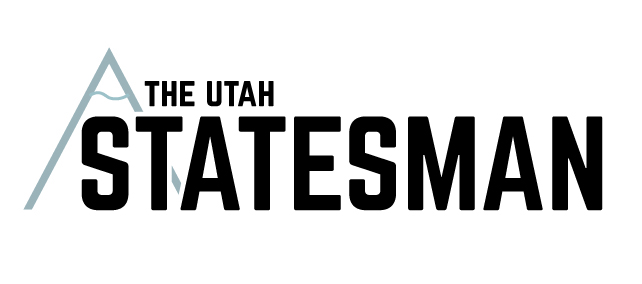Our view: Jailed, tortured and massacred journalists demonstrate power of the trade
2014 was a rough year for journalists across the world, with three Al Jazeera journalists put in jail in Egypt and the well-publicized Islamic State beheadings of James Foley and Steven Sotloff. In fact, 220 journalists across the world are currently in prison, according to Al Jazeera.
Conditions have only worsened in recent weeks with the Charlie Hebdo massacre in Paris. Two masked gunmen walked into the satirical magazine’s newsroom and permanently silenced 12 voices they didn’t want to hear anymore.
The fire that journalists are currently under demonstrates the power and responsibility of our kind to inform the public of news and views to which they may not otherwise be exposed. That power and responsibility has not been lost in today’s digital age.
Today we read the news on our phones and watch TV on our laptops. We might forget how important the phrase “freedom of the press” is in our nation’s Constitution because news is no longer seen on the press. “Freedom of journalism” is a more modern term we should consider.
Journalism isn’t just meticulously-constructed news broadcasts or heavily-researched print stories anymore, though those are still important. Journalism is social media, podcasts and even satirical cartoons.
Even though mediums change, news is still fought for, commentary is still defended. Whether it is people in Turkey rallying to get Twitter back or the millions marching for Charlie Hebdo in France, people understand how important the free exchange of news is.
The media is heavily scrutinized and criticized, and that’s how it should be. But when members of the media are targeted and even killed, it reminds the world just how important their services are. Twelve voices in the media may have been silenced in Paris last week, but that opened the mouths of millions more across the world.
— The Utah Statesman editorial board

